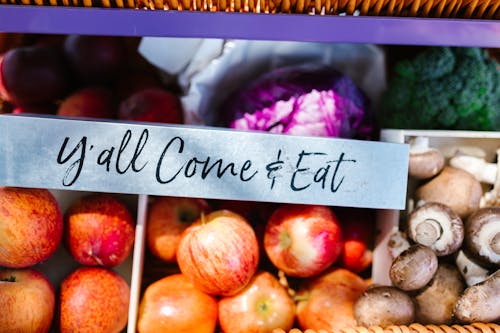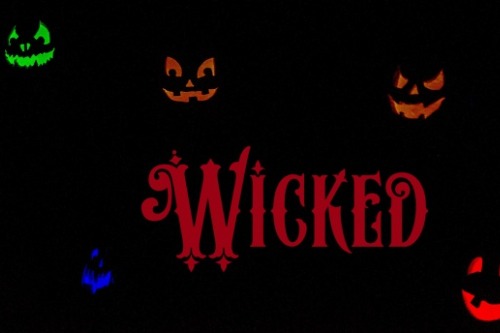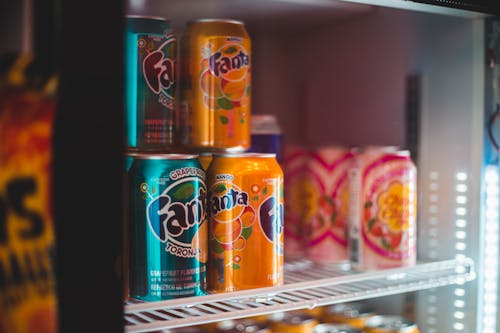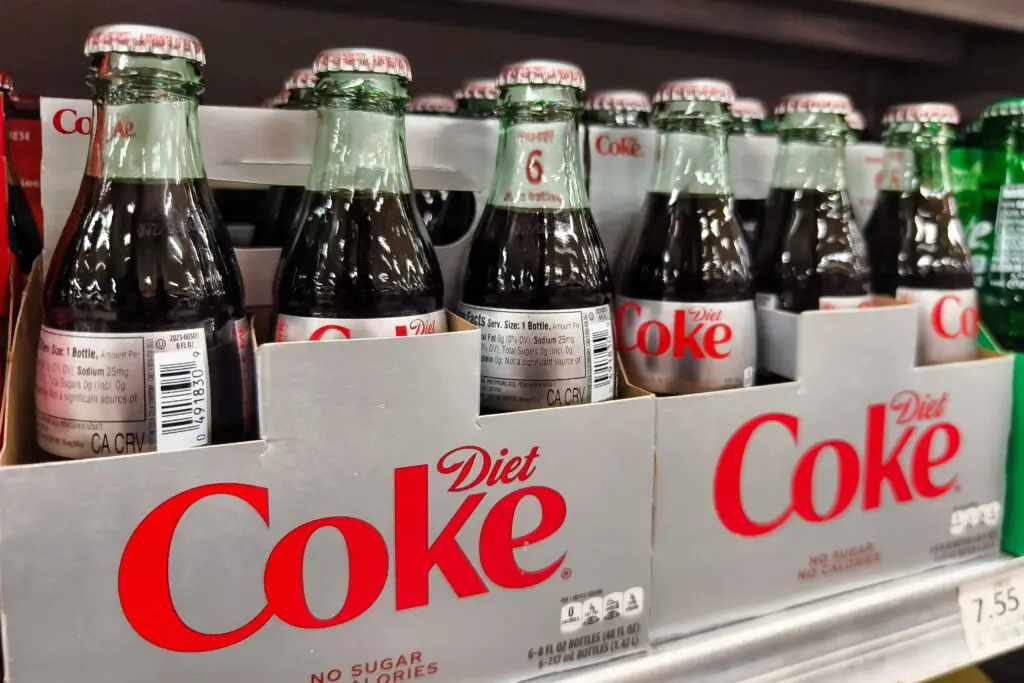1. “Y’all”

“Y’all” is the classic Southern contraction for “you all,” and it’s used to address groups of people. While simple, it often surprises visitors who haven’t encountered plural forms of “you” in English. It can serve as both singular and plural in casual speech, which can throw outsiders off completely. In certain regions, it’s more than grammar—it’s a warm invitation to inclusivity.
You might hear a waiter in Texas say, “Are y’all ready to order?” It’s friendly and inviting, but the idea of contracting two words like this can feel strange to someone used to formal English. The charm is that it’s practically impossible to mistake for anything negative. It’s an essential piece of Southern conversational culture.
2. “Fixin’ to”

If someone tells you they’re “fixin’ to” do something, they don’t mean they’re physically repairing it—they mean they’re about to do it. This phrase is most common in the Southern United States, especially in states like Georgia and Alabama. Hearing it abroad could easily lead someone to imagine a person with tools rather than someone planning an action. It’s a quirky example of how regional speech compresses a whole idea into a few words.
It’s a casual phrase, usually signaling intent rather than urgency. You might hear, “I’m fixin’ to go grab some sweet tea.” It’s rooted in Southern charm, blending patience and decisiveness in one short phrase. For foreigners, it’s one of those sayings that requires context to avoid confusion.
3. “Bless your heart”

Southern politeness has a dark side, and “bless your heart” is a prime example. It can genuinely be a sympathetic phrase, but often it’s a polite way to express pity—or even mild judgment. Someone abroad might hear it and think it’s universally sweet, missing the subtle sarcasm entirely. Context and tone matter more than the words themselves.
You might hear, “Oh, bless your heart, you tried your best.” To the uninitiated, it sounds entirely wholesome, but seasoned Southerners know it can also be a gentle roast. The beauty of this phrase is its dual function—both comforting and cutting. It’s one of those expressions that demands cultural literacy to fully understand.
4. “Wicked”

If a New Englander says something is “wicked awesome,” they’re not calling it evil—they mean it’s extremely cool or impressive. This is particularly strong in Boston and Maine, where the adverb intensifier is part of everyday language. To anyone outside the region, “wicked” can sound alarming or even sinister. But locals will use it without thinking twice, like saying “very” in casual speech.
It’s versatile: “That pizza was wicked good,” or “I’m wicked tired.” Visitors might misinterpret the tone as dark or ominous, but it’s the exact opposite. This little word packs a lot of enthusiasm into a tiny package. It’s a cultural shortcut that instantly identifies you as a true New Englander.
5. “Cattywampus”

If something is “cattywampus,” it’s crooked or askew. This term is particularly common in the Midwest and parts of the South, and it evokes an almost whimsical image. Someone from abroad might assume it refers to a feline problem or just nonsense. It’s a vivid illustration of regional creativity in English.
You could hear, “The picture frame is all cattywampus after the move.” It conveys disorder with charm rather than frustration. The word has roots in dialects brought over from Scots-Irish settlers, giving it historical weight. Using it can instantly make your speech feel homespun and playful.
6. “Jeet?”

In some parts of the Midwest and Northeast, especially around New York, people might ask, “Jeet?” when they mean “Did you eat?” It’s a spoken contraction that’s completely invisible on the page. For non-locals, it sounds like nonsense or a secret code. It’s a fantastic example of regional speech compressing a whole question into one syllable.
The full exchange might go: “Jeet yet?” with a simple nod meaning yes or no. It’s casual and almost familial in tone. Outsiders might ask for clarification repeatedly, but locals rarely notice it. It’s one of those phrases that feels like spoken shorthand for community.
7. “Pop”

In much of the Midwest and parts of the Northwest, “pop” refers to a soft drink, not a father or sudden noise. To someone from abroad—or even from the South—the word might initially confuse them. Imagine ordering a “pop” and getting a startled look instead of a beverage. This simple noun perfectly illustrates how the same word can diverge regionally in English.
You’ll hear, “Grab me a pop from the fridge,” and it’s completely normal in Ohio or Michigan. Southerners or Westerners might say “soda,” so this tiny word becomes a marker of identity. It’s quick, practical, and utterly regional. Using it correctly signals that you’ve blended in locally.
8. “Over yonder”

If someone points to the horizon and says something is “over yonder,” they’re talking about somewhere off in the distance. This phrase is particularly common in the rural South and Appalachia. For someone from another country, it might sound like you’re pointing at a mystical land. It’s charmingly imprecise, which adds to its appeal.
You could hear, “The barn’s over yonder past the creek.” It evokes a sense of rural storytelling and space that more urban phrases lack. It’s almost poetic in its vagueness. People who grow up hearing it often develop an instinctive sense of direction from context.
9. “Spitting”

If a Southerner says it’s “spitting outside,” they don’t mean someone is expectorating—they mean it’s lightly raining. The word replaces “drizzling” or “sprinkling” in casual conversation. Visitors might imagine a very strange meteorological phenomenon. It’s a concise way to describe a very specific weather condition.
You’ll hear, “Don’t forget your umbrella; it’s spitting out there.” It’s gentle rain, barely worth concern, yet the phrasing is vivid. This linguistic choice reflects a culture attuned to subtle environmental cues. Using it gives speech a sense of precision with a wink.
10. “Coke”

In parts of the South, “Coke” is shorthand for any type of soda, not just the brand. Ask for a “Coke” at a diner, and you might get root beer, ginger ale, or cola—whatever the server wants to offer. This can be bewildering to visitors expecting brand specificity. It’s a perfect example of local terminology overriding global branding.
The phrase is used naturally: “What kind of Coke do you want?” and then they clarify flavors. It’s both practical and regionally ingrained. Outsiders often need a small cultural translation to avoid beverage mishaps.
11. “Bubbler”

In Wisconsin and parts of New England, a “bubbler” is a drinking fountain. For anyone from outside those regions, the word evokes either soda or something completely abstract. It’s a historical quirk of language, surviving decades of linguistic evolution. Locals will use it without thinking, while visitors might ask repeatedly what on earth is being referenced.
You’ll hear, “Fill your water bottle at the bubbler.” It’s functional, not fancy, but absolutely regionally specific. The term has stuck despite being replaced in most other parts of the U.S. It’s a small word with a surprisingly persistent identity marker.
12. “Gullywasher”

If someone warns you about a “gullywasher,” they mean a heavy, sudden rainstorm. It’s mostly used in the South and Midwest. The term conjures vivid imagery, but could easily be mistaken for some obscure natural phenomenon by outsiders. It’s a fun example of how American English can turn literal landscapes into metaphorical expressions.
You might hear, “Better wait a bit; there’s a gullywasher coming.” It’s not just about rain—it signals intensity and immediacy. The word has an almost storybook quality that evokes rural life. It’s the kind of regional phrase that’s impossible to fully appreciate without hearing it in context.
This post 12 Regional Phrases That Would Sound Like Gibberish Abroad was first published on American Charm.


